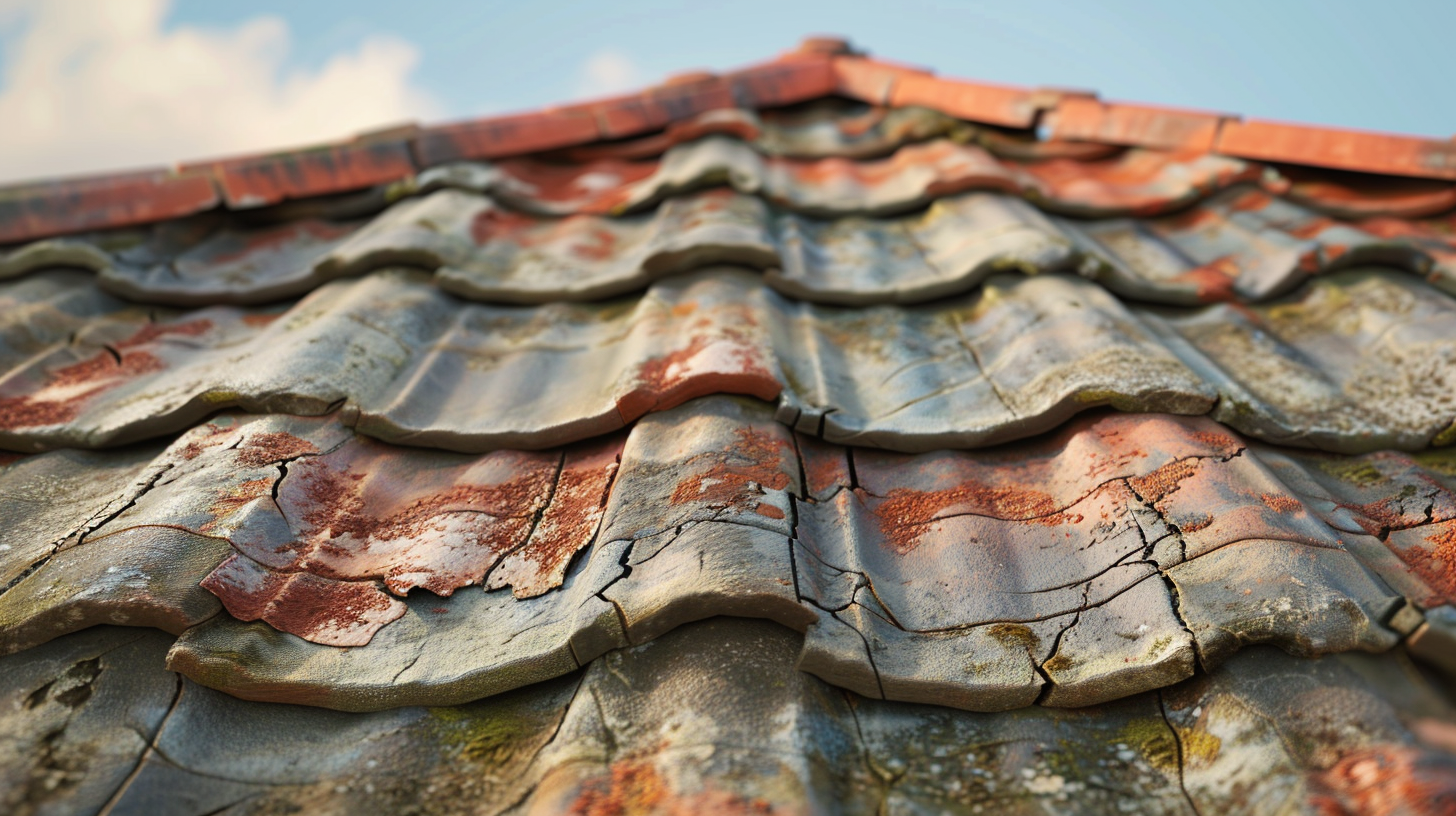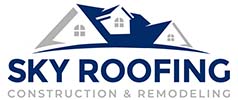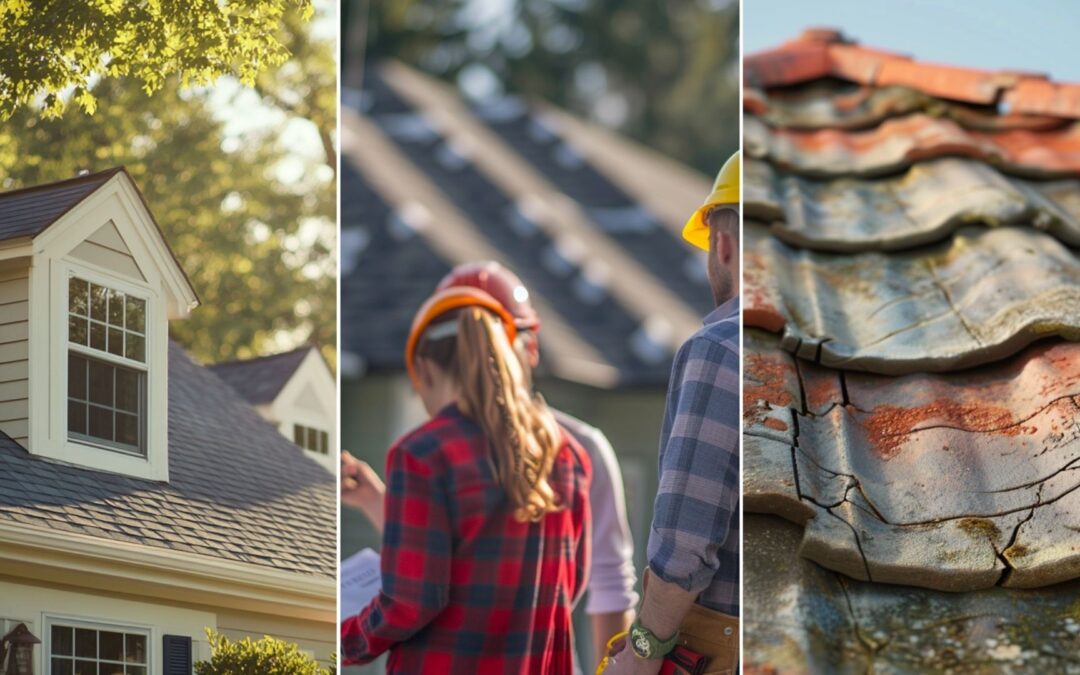Roof Inspector Industry Certifications
In roofing and construction, roof inspectors’ certifications are pivotal in ensuring quality, safety, and professionalism within the industry. These certifications signify expertise and knowledge in roof inspections and enhance inspectors’ credibility in the eyes of clients and regulatory bodies. By obtaining these credentials, roof inspectors demonstrate their commitment to upholding industry standards and practices. This boosts their professional reputation and empowers them to deliver more accurate assessments and recommendations. As we explore the various certifications available, it becomes clear that investing in these qualifications benefits both inspectors and the homeowners they serve, ultimately leading to improved industry practices and safer roofing solutions.
Overview of the Roofing Industry
The roofing industry plays a crucial role in the construction sector. It is responsible for installing and maintaining roofs that protect buildings from external elements. As a vital infrastructure component, roofing enhances a property’s aesthetic appeal and contributes to its energy efficiency and structural integrity. Roofing contractors and companies are at the forefront of this industry, ensuring that residential and industrial buildings receive the attention they need.
With the increasing demand for quality roofing solutions, the need for highly skilled roof inspectors has never been greater. These professionals conduct regular roof inspections to identify signs of damage, such as hail damage, and provide detailed reports with repair recommendations. Their expertise in installation techniques ensures that roofs are installed correctly and meet industry standards, thereby safeguarding the investment of homeowners and businesses alike.
Obtaining industry certifications is essential for roof inspectors, as it demonstrates their expertise and commitment to best practices. These certifications assure clients that the inspector is qualified to evaluate the condition of their roof, whether for new installations or regular maintenance and to provide reliable guidance for maintaining the roof’s longevity.

Industry Certifications - Importance of Roof Inspections - Sky Roofing Construction & Remodeling
Importance of Roof Inspections
Roof inspections are crucial in maintaining a building’s integrity and longevity. They serve as a preventive measure, identifying potential roof defects and damage before they escalate into costly roof repairs or structural failures. Whether for residential homes or commercial buildings, regular roofing inspections can uncover hidden issues, such as problematic roof penetrations, ensuring that roofs are in optimal condition.
This proactive approach safeguards a property’s investment. It enhances its occupants’ safety. Accurate roof area calculations and a thorough understanding of building codes are essential for effectively assessing installation quality and estimating repair costs. Moreover, roof inspectors who obtain industry certifications, such as residential roof inspector certification, bring higher expertise and credibility to their assessments. These certifications equip them with the knowledge to effectively recognize and address various roofing problems, including the need for roof coatings.
By understanding the importance of roof inspections, property owners can take informed steps toward maintaining their roofs, leading to improved performance, increased property value, and peace of mind.

Industry Certifications - The Role of Roof Inspectors - Sky Roofing Construction & Remodeling
The Role of Roof Inspectors
Roof inspectors play a crucial role in maintaining the safety and integrity of buildings by conducting thorough visual inspections of roofing systems. Their key responsibilities include:
• Evaluating the structural integrity of roofs.
• Identifying potential issues.
• They are ensuring that safety standards are met throughout the inspection process.
Adequate documentation of their findings is essential, as it records the roof’s condition and any necessary repairs or replacements. Furthermore, roof inspectors must communicate their assessments effectively to clients, presenting recommendations in a manner that is easy to understand. This combination of detailed evaluation, meticulous documentation, and clear communication ensures that property owners can make informed decisions about their roofing needs, ultimately leading to safer and more secure structures.
Definition and Responsibilities
Roof certification and roof inspection are essential in maintaining the quality and longevity of commercial roofing systems, each with distinct yet complementary roles. Roof certification acts as a “seal of approval,” verifying that a roof meets established standards and is in optimal condition, which is crucial for real estate transactions and insurance purposes. On the other hand, roof inspection focuses on proactively identifying potential issues, ensuring the roof’s overall health and performance over time.
Critical responsibilities of roof inspectors include evaluating materials, checking for leaks, and assessing structural integrity. In contrast, roof certification entails a comprehensive assessment culminating in a formal acknowledgment of quality assurance. Together, these processes contribute to the long-term health of roofing systems, ensuring they remain reliable and effective for years to come.

Industry Certifications - Role in Maintaining Roofing Integrity - Sky Roofing Construction & Remodeling
Crucial Role in Maintaining Roofing Integrity
Roof inspectors play a crucial role in maintaining the integrity of roofing systems, ensuring they remain safe and functional over time. The complex nature of roofing installations and materials requires a keen understanding of structural and environmental factors that impact performance. By obtaining industry certifications, roof inspectors enhance their expertise, equipping themselves with the latest knowledge and best practices.
These certifications validate their skills and assure homeowners and property managers that their roofs are in capable hands. With the growing emphasis on quality artistry and adherence to safety standards, certified roof inspectors are guardians of roofing integrity, identifying potential issues before they escalate and helping prolong roofs’ lifespan. Ultimately, their specialized training contributes to overall building safety and value, making these certifications an invaluable asset in the roofing industry.
Why Certification Matters
Roof certification plays a crucial role in the roofing industry, significantly influencing warranties and providing reliable assessments of a roof’s condition. When a roof inspector is certified, it instills confidence in the thoroughness of their evaluations, often leading to enhanced warranties that protect homeowners’ investments. Additionally, roof certification can bolster property value during real estate transactions, making a home more attractive to potential buyers who prioritize well-maintained roofs.
This certification can also help lower insurance premiums by demonstrating compliance with insurance requirements, as insurers often favor properties with certified roofs. Ultimately, a roof certification offers peace of mind regarding future maintenance and repairs and serves as a valuable asset that can benefit homeowners in various aspects of property ownership and real estate dealings.
Ensuring Quality and Professionalism
Ensuring quality and professionalism in roof inspection is vital, as inspectors play a critical role in identifying problems and maintaining safety standards for structures. Their expertise helps prevent costly repairs and unsafe conditions, making their role indispensable in the roofing industry. Pursuing a career in roof inspection offers job security and presents growth potential for those committed to continuous learning. This profession requires a unique blend of education, hands-on experience, and technical skills, allowing inspectors to stay up-to-date with the latest industry practices and technologies. By obtaining industry certifications, roof inspectors validate their knowledge and commitment to high standards, ultimately contributing to the integrity and safety of our built environment.
Building Trust with Clients and Insurance Companies
In the roofing industry, gaining the trust of clients and insurance companies is crucial for success and longevity in business. Roof inspectors play a vital role in this process, as their certifications signal professionalism and expertise and establish credibility. Certified inspectors demonstrate a commitment to adhering to industry standards and best practices, which reassures clients that they are working with knowledgeable professionals. Moreover, these certifications often lead to smoother interactions with insurance companies, as they prefer collaborating with inspectors recognized for their skills and training. By investing in relevant certifications, roof inspectors enhance their reputation and foster confidence in their findings, ultimately facilitating a more streamlined claims process and reinforcing client trust.
Types of Roofing Certifications
In the roofing industry, various certifications are essential for roof inspectors seeking to enhance their expertise and credibility. One of the most significant qualifications is the NRCA certification, which signifies proficiency in roofing systems and mandates renewal every three years, ensuring inspectors remain knowledgeable about the latest industry standards. The NRCA ProCertified categories, such as Architectural Metal Flashings Installer and Asphalt Shingles Installer, illustrate the specialized skill sets available, allowing inspectors to focus on specific
roofing materials and techniques. Additionally, roof certification is critical in real estate transactions, assuring buyers that the roofing systems have been adequately evaluated and meet established quality standards. By obtaining these certifications, inspectors demonstrate their commitment to excellence in inspection and contribute to the overall integrity of roofing services.
Enhance Roofing Quality with Industry Certifications
Industry certifications are essential for maintaining high roofing standards and practices. At Sky Roofing Construction & Remodeling (https://skyroofingconstructiontx.com), we prioritize these credentials to ensure your roof receives expert care and adheres to the highest quality and safety standards. Invest in a reliable and professionally certified inspection to protect your home or business. Contact us today at (210) 942-9797 to schedule your quality roofing installation.




